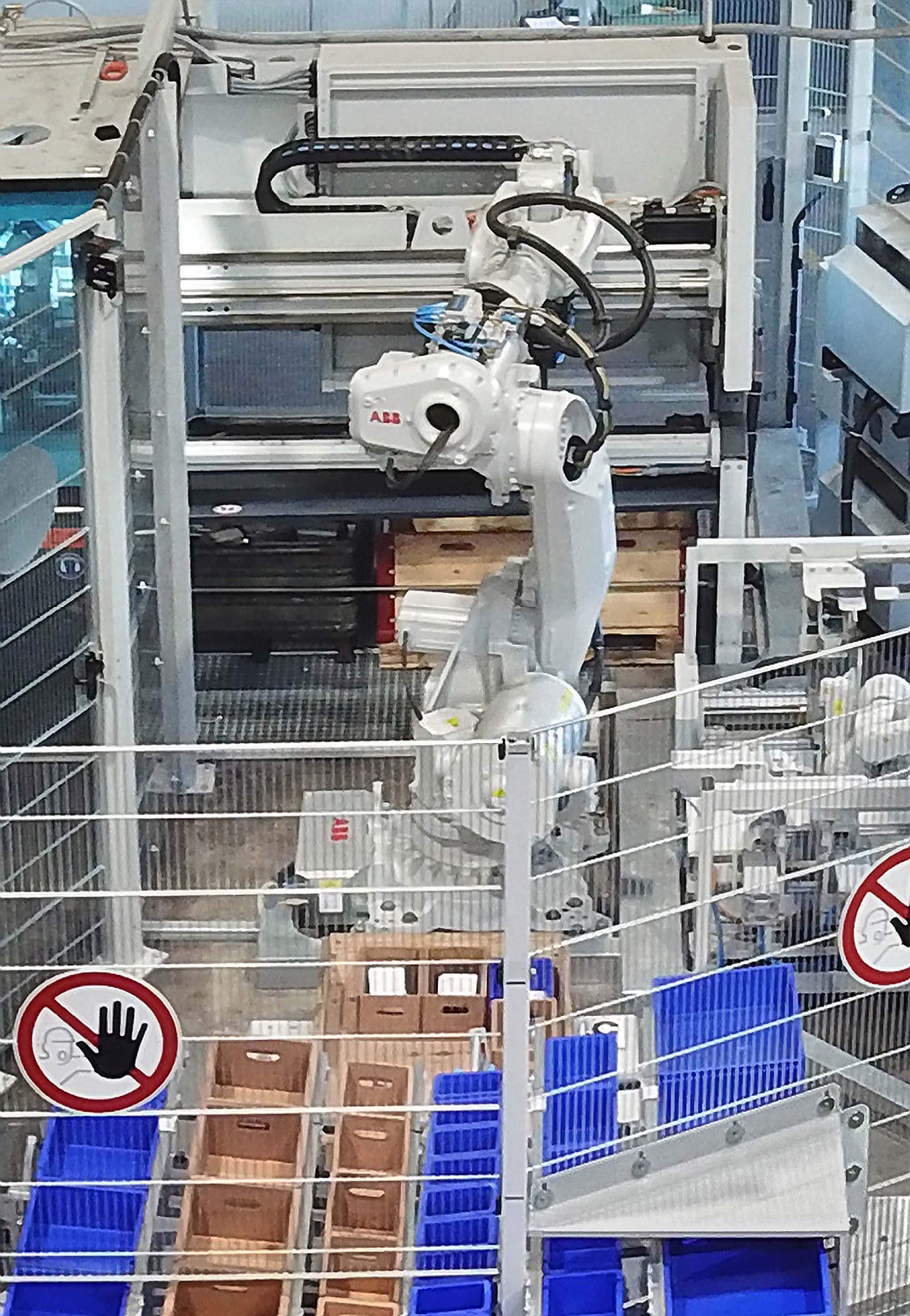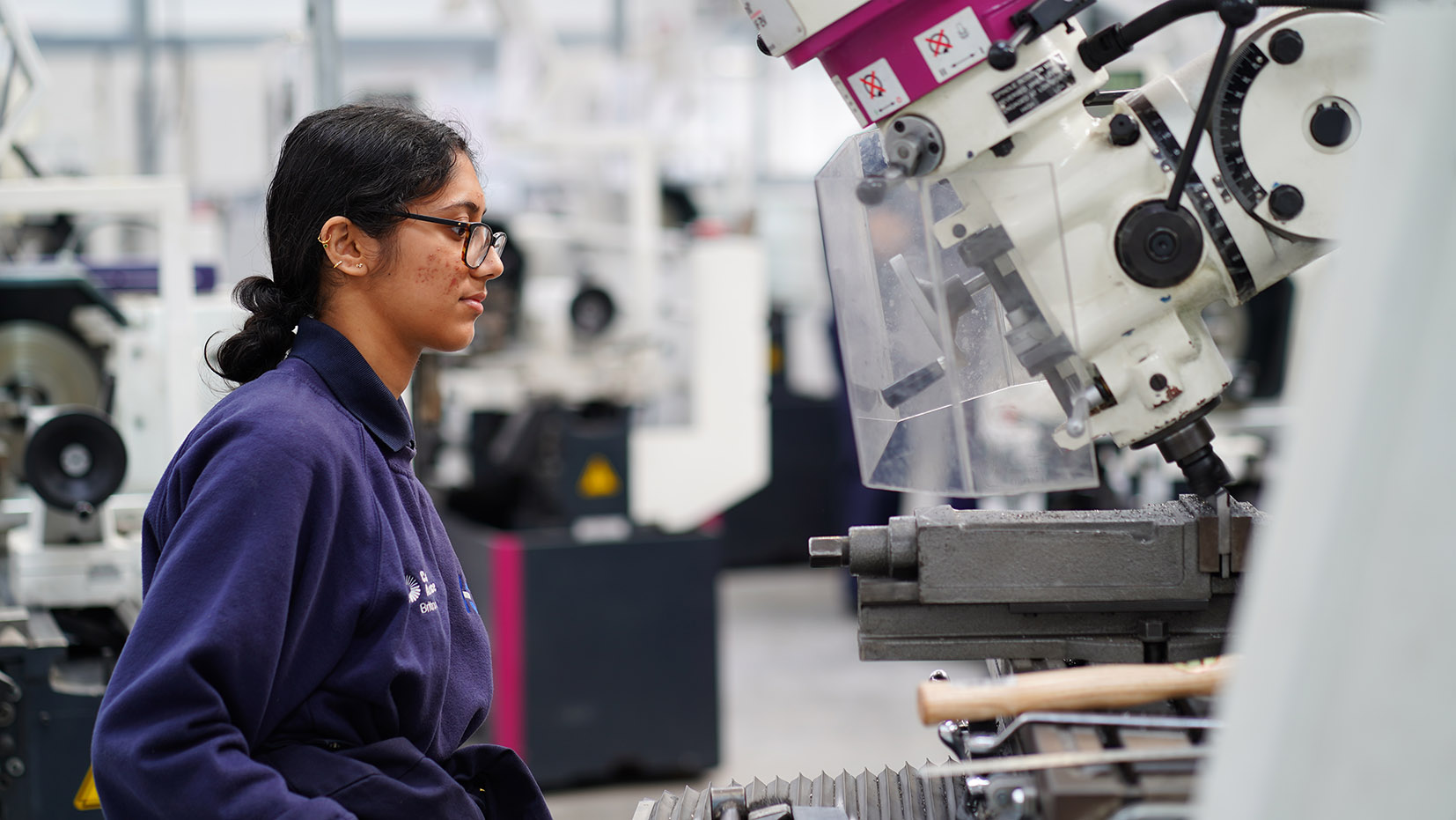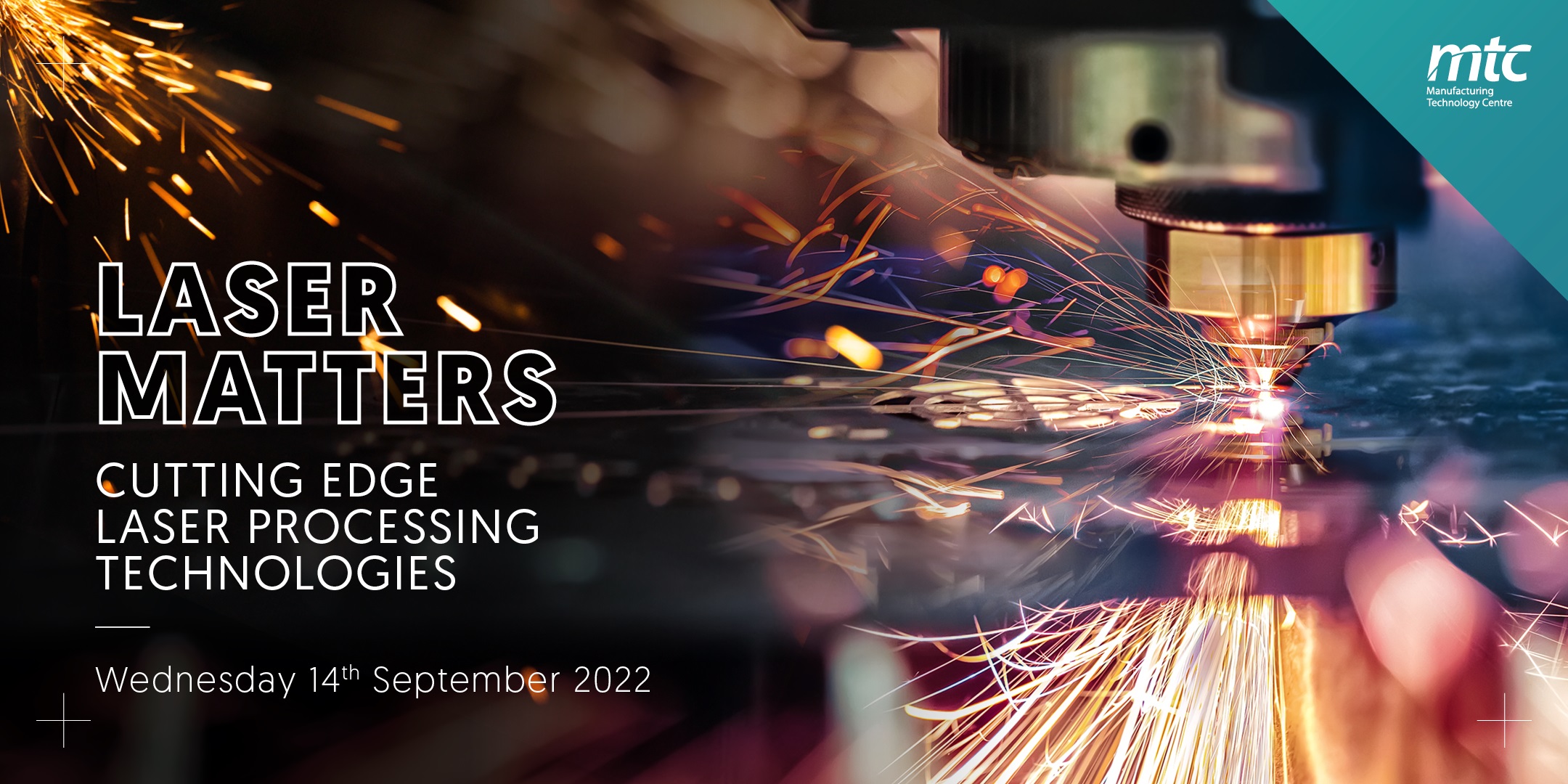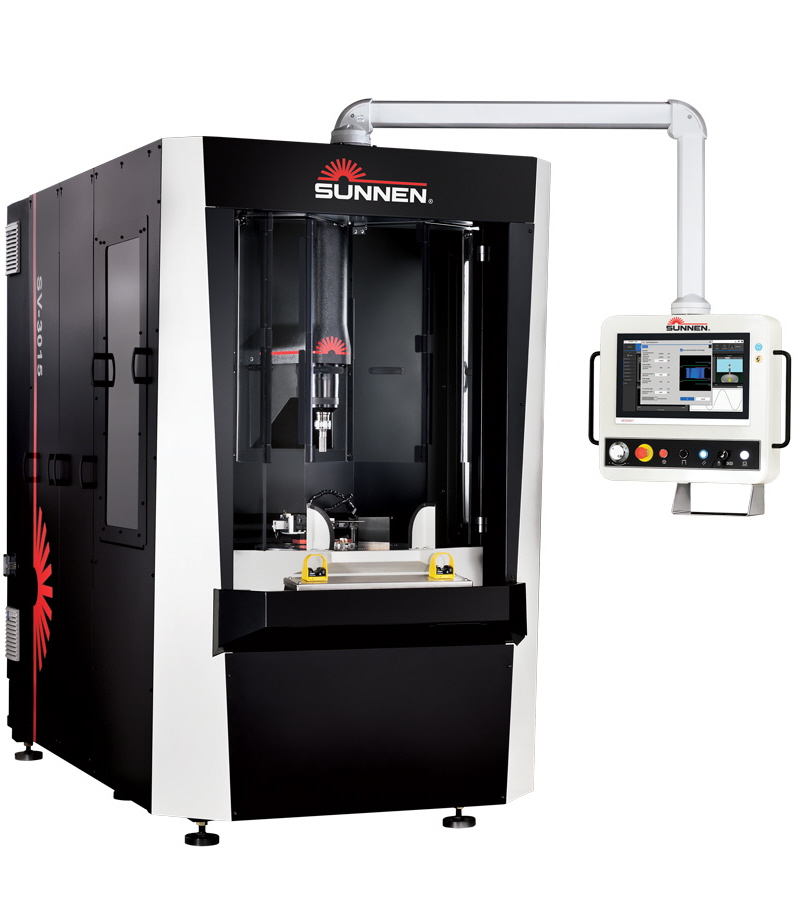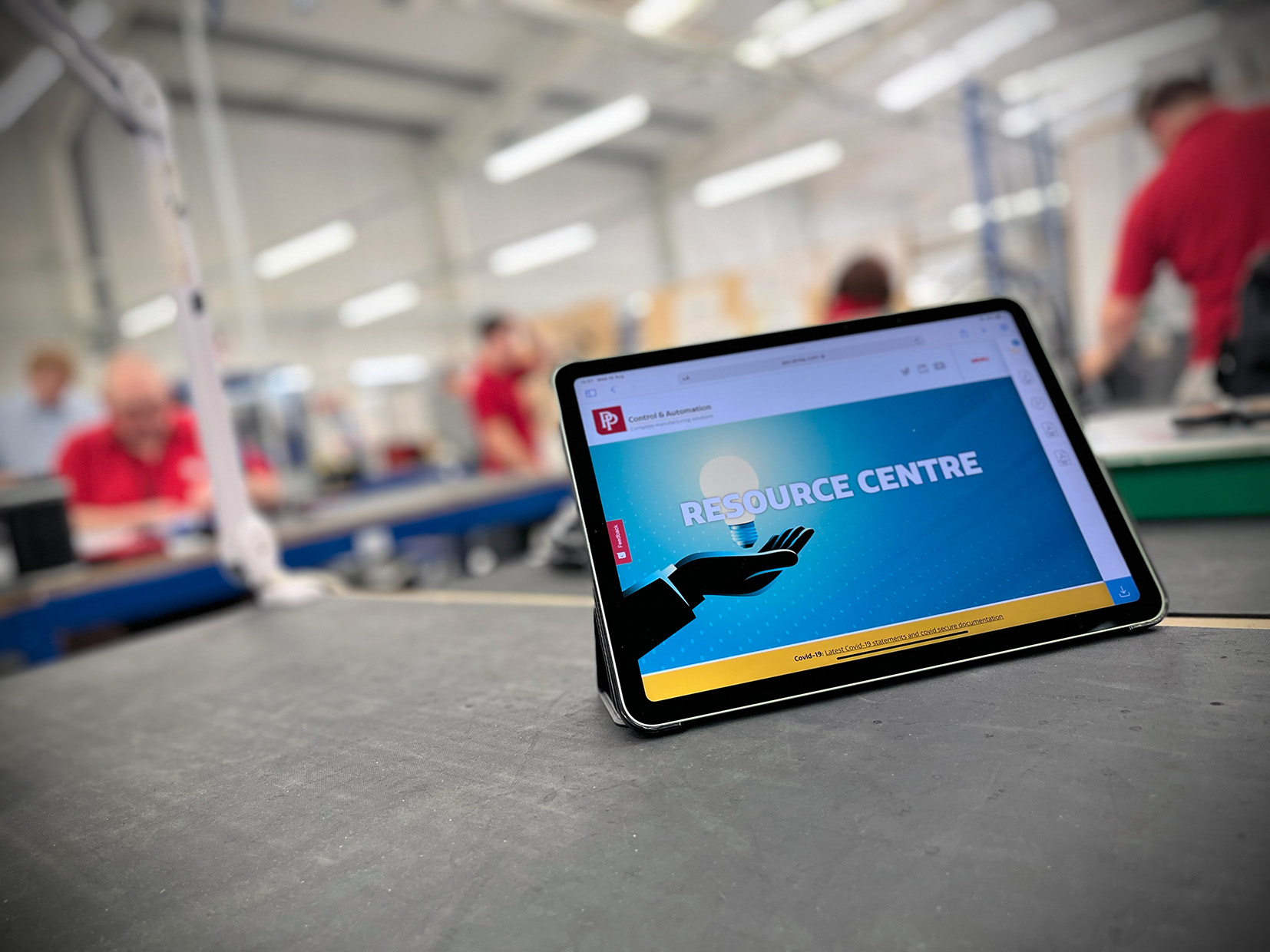German storage and sawing equipment manufacturer Kasto has upgraded a pair of sawing cells at the Dornbirn centre of Austrian steel stockholder and distribution company EHG Stahlzentrum. The company has integrated and automated all parts of the systems, from raw material supply to the handling of containers and pallets of finished goods.
Efficiency in the processing of orders and in logistics is part of the success of EHG’s business model. The company handles about 620,000 orders every year, primarily in small batches of less than 10 items.
Christian Rüf, head of logistics systems and processes, says: “It poses quite a challenge. We’re often under enormous time pressure, as in some cases we only have one to two hours to complete an order.”
To alleviate the problem, EHG utilises advanced storage and processing technology. The Dornbirn site has eight automatic high-bay storage systems, 40 stand-alone automatic bandsaws and circular sawing machines, and two sawing centres integrated with high-bay storage so that they receive material automatically. It is these systems that have been upgraded with robotic handling and sorting.
“Our high-bay storage systems are all from Kasto,” says Rüf. “They include four UniCompact honeycomb systems for the storage of bars, tubes and profiles, as well as another for holding sheet metal. In addition, 27 Kasto automatic saws are in operation in Dornbirn, ranging from production circular saws to heavy-duty block and plate bandsaws.”
In the two automated Kasto sawing centres, all process steps now take place without any operator intervention, from feeding the raw material from the store to sorting and stacking the cut pieces. The ability to change over to a new material quickly allows the efficient processing of small batch sizes.
For further information www.kasto.com






